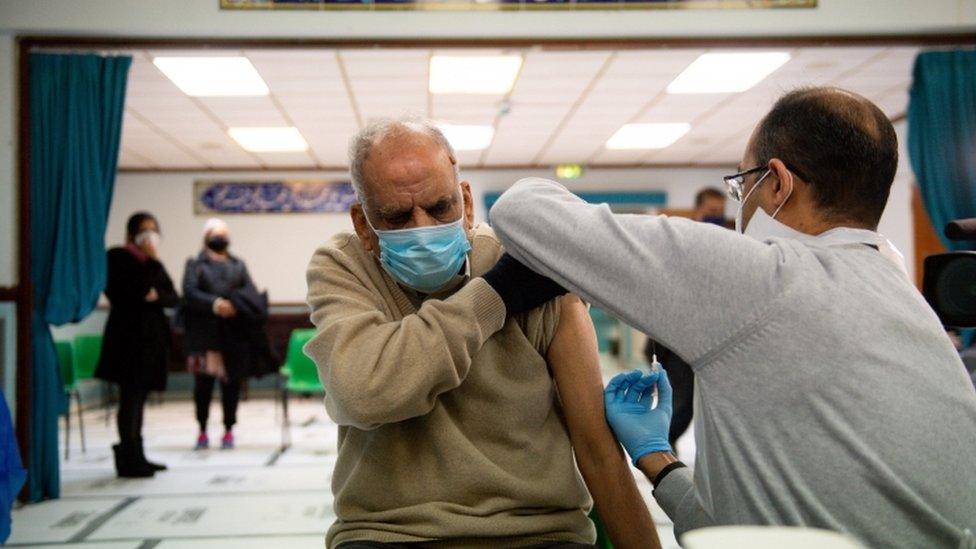Covid: Muslims mark second Ramadan with restrictions
- Published
Muslims celebrate a second Ramadan under Covid restrictions
In any normal year Ansa Memon would mark Ramadan with her mother, eating and drinking together at sunset and seeing friends.
But, with coronavirus restrictions still in place, it means that for a second year Muslims are facing a very different holy month.
Despite rules easing, people remain unable to meet to indoors to break their fast together.
Ansa, an Aberystwyth University student, says it will be hard for many.
Living miles away from her mother in Cardiff, the 19-year-old says her housemates are doing all they can to make the month special for her, but she remains worried about the impact the restrictions will have.
"The month is about community and people coming together so it is going to be difficult, but as Muslims we need to understand that we are still doing a good thing and we need to keep that in our heads," she said.
Coronavirus: Keeping Ramadan spirit alive under lockdown
Ramadan, which starts this week, is a month marked by fasting, communal worship and meals.
This year mosques are open, but the ongoing coronavirus restrictions mean people remain unable go into each others homes for iftars - the ritual meal after sundown that marks the breaking of the daily fast.
'My flatmates are helping me'
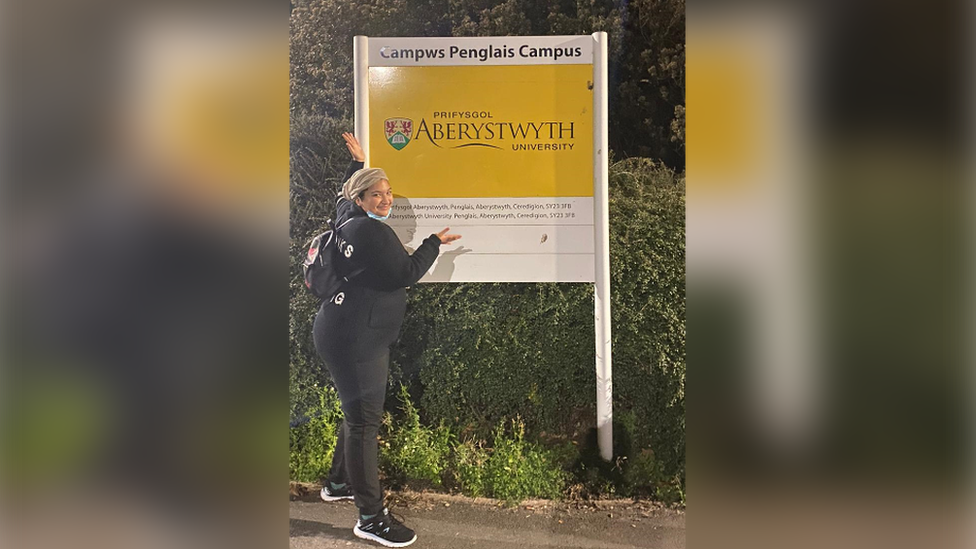
Ansa's flatmates have been supportive of her fasting this month
Ansa would normally wake up early and eat with her mum at their Cardiff home, before sitting down in the evening to break the fast together, sometimes having friends round to celebrate.
"It's a shame that this can't happen this year, especially with me being at university and my mum being on her own in Cardiff," she said.
The creative writing student said marking the month in Aberystwyth would be "very different" to being at home, where there is a large Muslim community.
"There are so many shops and takeaways that do halal food in Cardiff, that I can eat anything I want," she said.
"I can't do that here, so I have had to bring food from home whilst I have been there during the last lockdown - I have many samosas in the freezer."
But she said that it was not about what she could eat, but the intention of the month that is the most important thing.
While she may be away from home, she said her flatmates are supporting her and plan for Eid-al-Fitr, the celebration to mark the end of Ramadan, which this year begins on 12 May.
"They understand why it is important to me... I feel it has brought us closer together too," she said.
"They aren't Muslim, but its great to see them so accepting of my culture and religion."
'Not seeing loved ones, not the same'
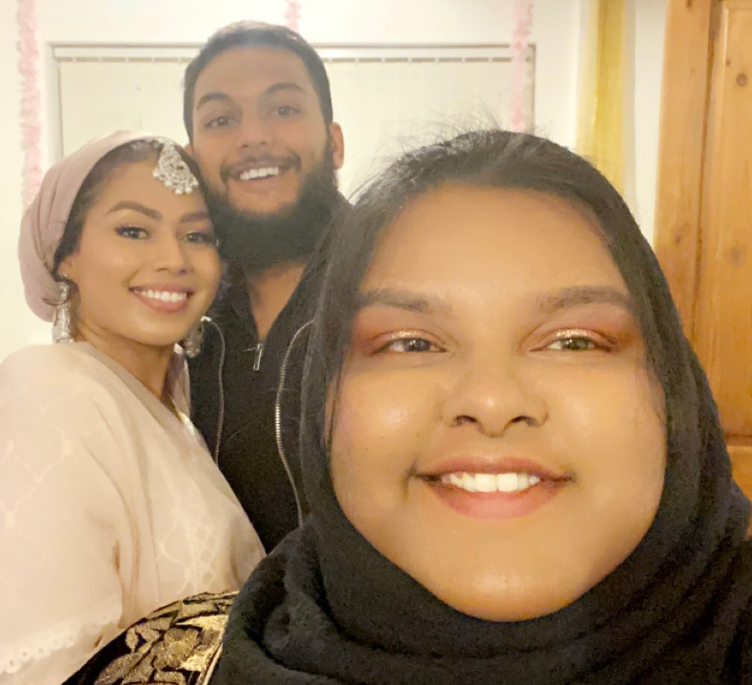
Athika is "gutted" not to be celebrating with friends and extended family this year
After months apart Athika Ahmed, 19, had hoped to be able to celebrate with her family and friends, but is now preparing for another Ramadan in lockdown.
Athika, from Cardiff, will be helping deliver food to relatives and having video calls, so her cousins, aunties, uncles can break their fast together.
"Not being able to with people you love is really deflating," she said.
"It's really sad - yes we can video call but it isn't the same. We would usually have my grandma over, but she's not able to come because of the restrictions."
With Covid rules meaning people cannot meet inside, and restaurants and cafes still closed, Athika said she would miss being able to go out and eat with friends.
"Even if we have to pray in our car or in a park we try and find somewhere that we can eat and it's a bit of a reward after a long day fasting," she said, "it's frustrating as we can't do that."
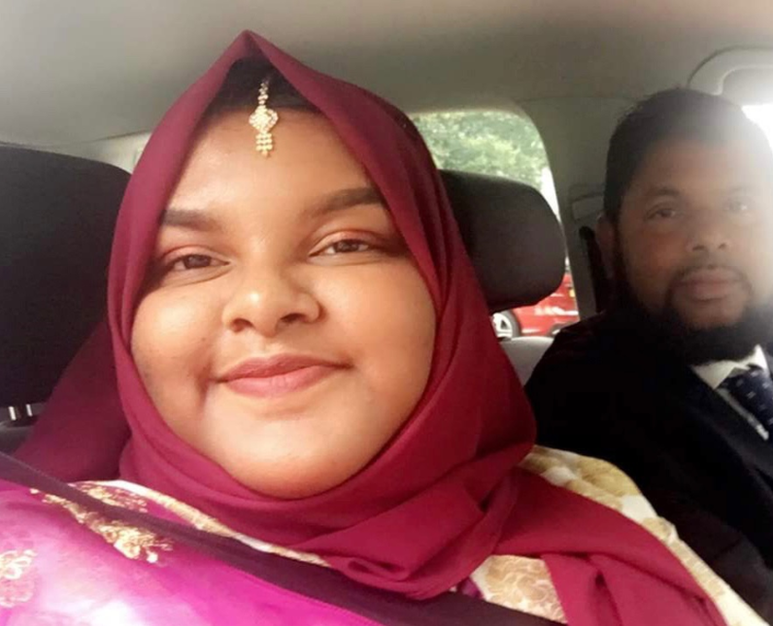
Athika said it would be frustrating not to be able to go to the mosque and pray with other Muslims
As well as not being able to break the fast with family and friends each evening, praying the Taraweeh - the main evening prayers - with family and friends at the mosque or in each others homes will again not be possible this year.
Despite communal worship being allowed, ongoing Covid rules mean that social distancing must be enforced and different households cannot yet mix indoors.
"Praying together indoors whether at the mosque or in our houses is such a beautiful thing, it's a long tiring prayer but so rewarding when you do it together, surrounded by other Muslims," she said.
'Duty to keep people safe'
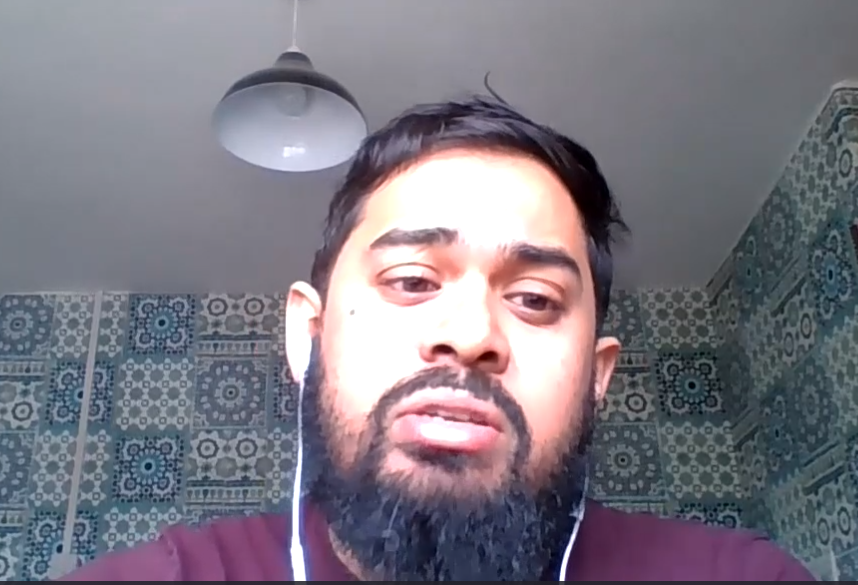
The council is working with Welsh government and is hoping to plan a small test event at the end of Ramadan to celebrate Eid
The Muslim Council of Wales said while last year's holy month was "unprecedented", due to the mosques being closed, this year's celebrations could be even harder for communities, as some form of meet-ups are allowed.
While Ramadan is about bringing people together, the council is urging people to take the rules seriously to continue sacrificing in order to keep themselves and others safe.
While mosques are open for worship, strict coronavirus rules have to be in place, to try and keep the congregation safe.
General Secretary Dr Abdul Azim Ahmed said it was challenging, with numbers in mosques reduced from around 500 worshippers to about 50.
"Ramadan in particular is a busy time for mosques and often they are overflowing and beyond full capacity, this year this is not possible because of the restrictions but the demand is there," he said.
"We need to keep it safe and have enough volunteers in the mosques to ensure people follow the rules - it's about human management."
- Published9 April 2021
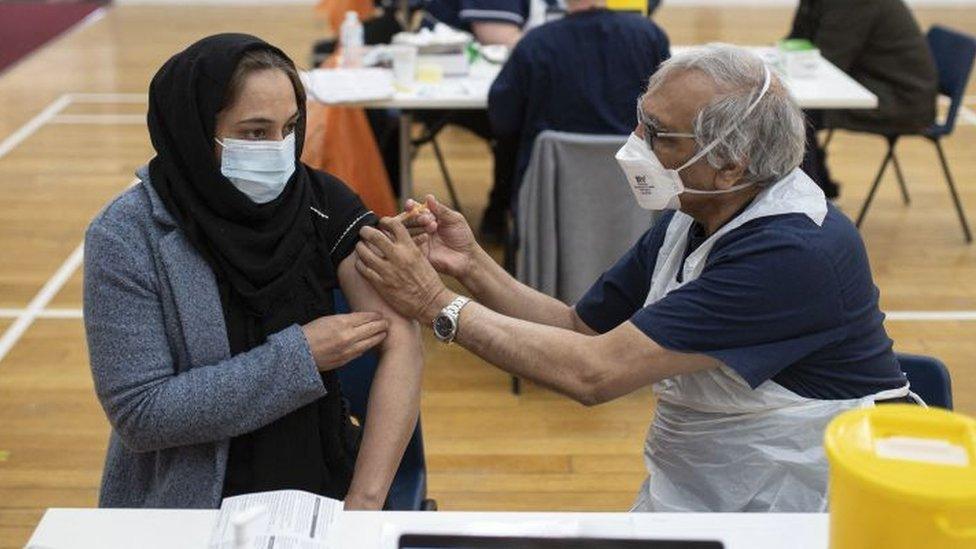
- Published18 May 2020
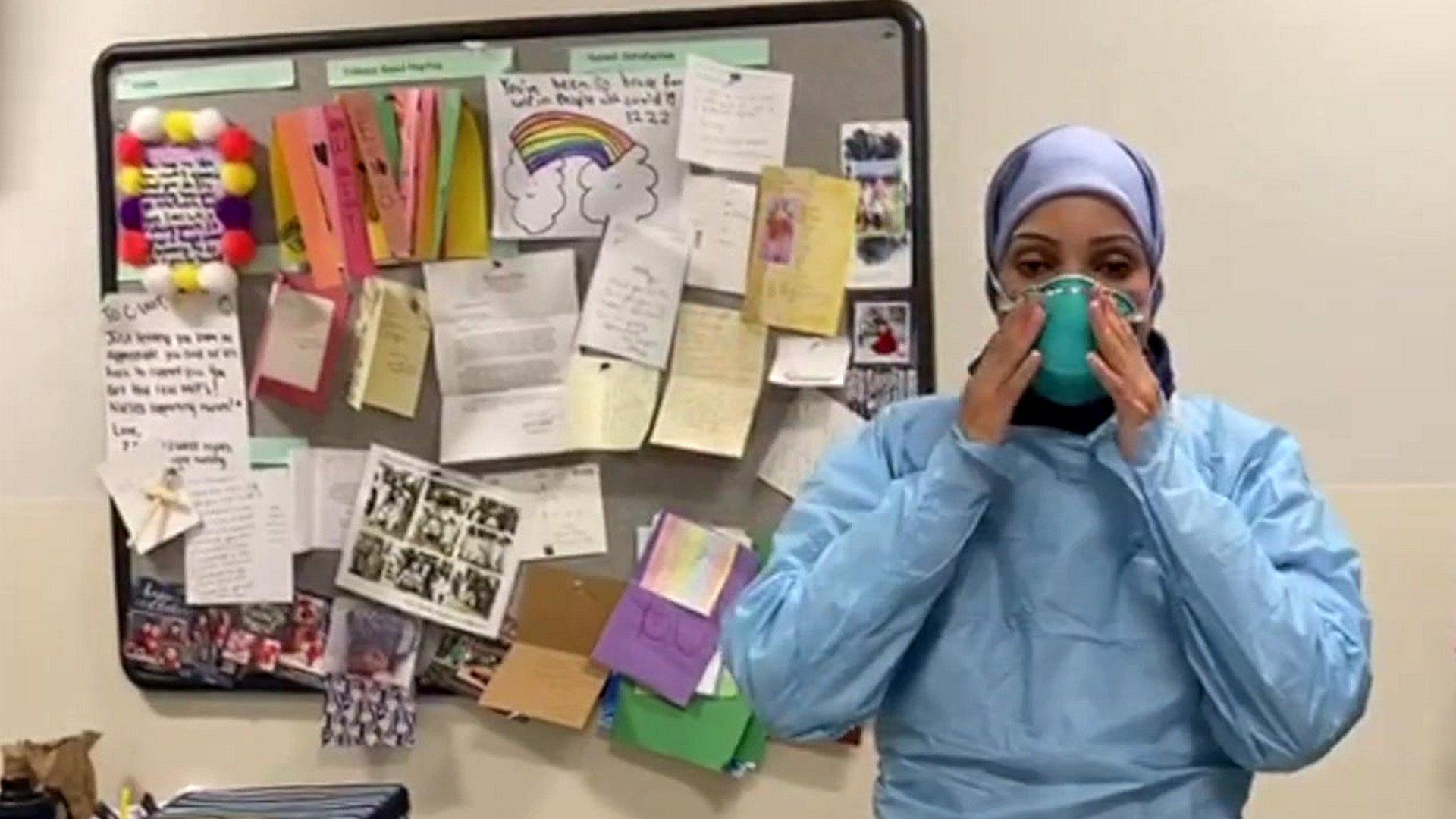
- Published21 January 2021
